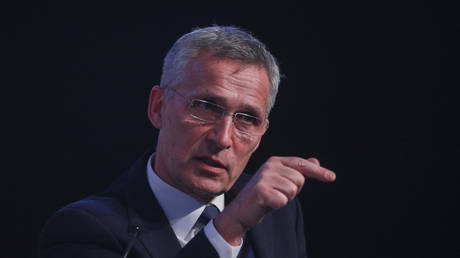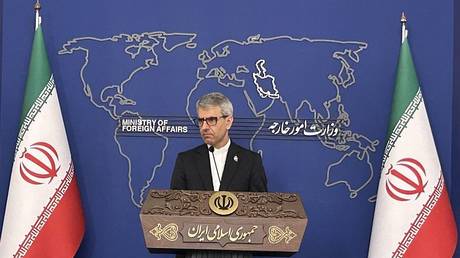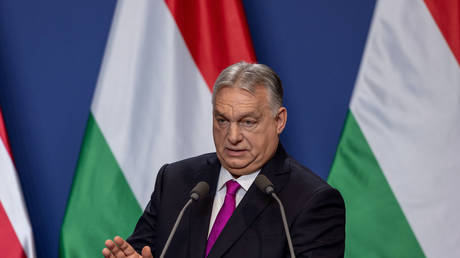
The head of the US-led alliance says NATO had never seen Kiev’s potential membership as being “relevant in the near future”
Ukraine’s prospects of joining NATO are not “relevant” or “on the agenda for the near future,” the alliance’s secretary general, Jens Stoltenberg, admitted on Friday, speaking on the panel of a discussion billed as ‘The price of peace or the cost of war?’ at the Antalya Diplomacy Forum in Turkey.
“It is for Ukraine to decide whether they want to aspire for membership. And then it’s of course for 30 NATO allies to decide whether Ukraine is ready for membership,” Stoltenberg said.
“It has been clear for a long time that membership, for Ukraine, was not something that was imminent, nor something which is relevant in the near future. But, again, this is the principle of respecting every nation’s right to choose their own path.”
Kiev has been voicing NATO aspirations for years, and instructors from the bloc’s member states have been openly training Ukraine’s troops during that time. However, while it has been recognized as a “special partner” of the alliance, it has never become a fully fledged member.
Stoltenberg reiterated his stance that Russia should not have any say in NATO’s future expansion, claiming he did not want to “live in a world where big powers force small countries to do what they don’t want to do.” The alliance’s eastwards push has long been among the top security concerns voiced by Moscow, and formed the centerpiece of the comprehensive security agreement proposed by Russia in late 2021.
Asked whether Moscow could have its own sphere of influence like that of the US, Stoltenberg said that, while he did not support everything Washington had done, its past aggressive actions should not be used to justify Moscow’s ongoing offensive against Ukraine.
“I’m not defending everything the United States has done throughout [the past]200 years. I have actually been going on the streets, protesting against some of these wars,” the former Norwegian prime minister said, without elaborating on his purported anti-war activities.
Moscow invaded its neighbor in late February, following a seven-year standoff over Ukraine’s failure to implement the terms of the Minsk agreements, and Russia’s eventual recognition of the Donbass republics in Donetsk and Lugansk. German- and French-brokered protocols had been designed to regularize the status of those regions within the Ukrainian state.
Russia has now demanded that Ukraine officially declare itself a neutral country that will never join the US-led NATO military bloc. Kiev insists the Russian offensive was completely unprovoked and has denied claims it was planning to retake the two republics by force.




